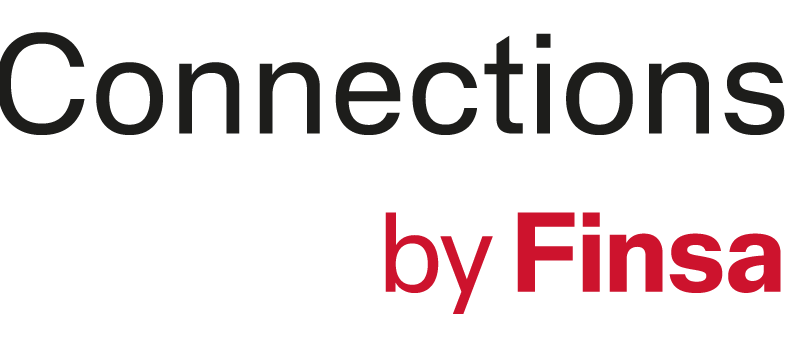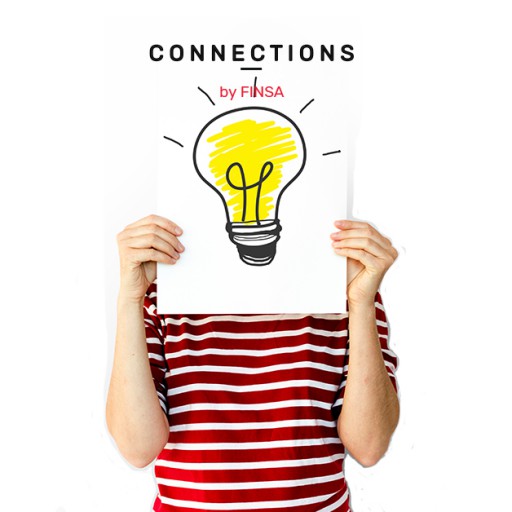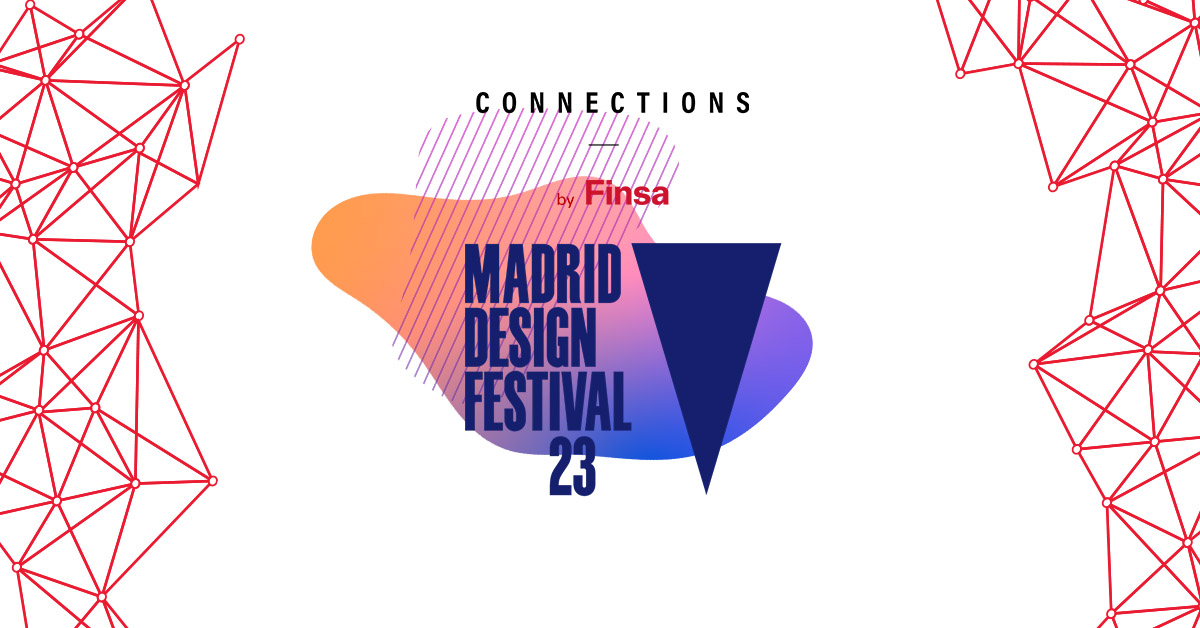Deborah Ciencia (Deborah García Bello) is a very influential writer in the science world right now. She has published several books, collaborates with media outlets, and she educates the world about science on social media and her blog, which is how she initially got into science writing. We CONNECTED WITH…Deborah Ciencia to get to know more about her work, the role of research, and how creativity influences innovation.
Ver esta publicación en Instagram
How did you become interested in science?
It all started at school, thanks to my chemistry teacher Joselu Sanza. He is a real expert. I loved the arts and writing poetry, but when I heard him explain reality through chemistry, I was fascinated. I knew that I also wanted to be a teacher so that I could share [my knowledge] with the same kind of enthusiasm and awaken a passion for learning in others.
You went from poetry to chemistry. Aren’t they polar opposites?
In some ways, I don’t think that I left my passions behind because I think that chemistry is like poetry: a way of describing reality. Let’s do away with that dichotomy of arts and sciences. They are much more closely related than we think.
You studied chemistry and then taught high school science. What made you want to become an writer?
I originally thought I’d get into research, but I realised that, in Spain, not everyone that actually wants to get into research does, only those that can afford to. It’s common knowledge that, if you work in research, it’s hard to make a living, so I decided to teach at a high school instead.
I realised that it would be interesting for the students to have a science blog to reinforce what they learned in class, where they could discuss current issues like the universe, hominids, and GMOs (the subject I was teaching was ‘Science for Today’s World’). I asked the students to research topics that they were interested in, and the best articles were published [on the blog] where they have remained since the site began in 2012.
The turning point came when I won the Bitácora prize for best science blog in 2014. That changed everything and resulted in the publishing house Planeta calling me and asking me to publish a book. It was a difficult decision because, in my mind, science writing was not really a viable option, but I saw that it was a field that was on the rise. So, I decided to take the plunge, stop teaching, and start writing full-time.
You mentioned that science writing didn’t seem to have much of a future when you decided to take a chance on it. Has that changed in recent years?
Science writing has become more professional in the last few years. It used to be a bit less mainstream than it is now. I feel that people enjoy learning about science and that it’s become more of a pastime. There are TV and radio programs dedicated to science, and we hear a lot more about science in our daily life.
How do you write about science for the masses and turn it into something that goes viral on social media?
I think my passion for what I do is obvious even when it’s just a small post or a thread on Twitter. I’ve also got my finger on the pulse. I understand that having someone explain something clearly is necessary. I think that’s essential in this field in order to maintain that balance between not using too much jargon and not oversimplifying things, which is when you fall into the trap of making something sound superficial and frivolous.
Social media has also made it possible to share information that was not widely available previously, such as scientific articles, which require some knowledge in order to understand them and know how to explain them.
Ver esta publicación en Instagram
How can we help strengthen scientific culture?
Education is key, although scientific writing also helps. As we saw in the study of the Social Perception of Science and Technology in Spain, which was funded by the Spanish Science and Technology Foundation, the level of scientific illiteracy in this country is real. More than half of the population said that they do not understand scientific news items. There is also a lack of basic scientific knowledge.
This is a result of a poorly structured scientific syllabus. Up until recently, science was only briefly touched on in the early years of high school. I also believe that it’s being taught in the wrong order: we teach formulas before explaining that chemistry is in your skin, what you eat, in materials. That’s also a form of ignorance, although it’s become totally normal for someone to say “since I’m more of an arts person I have no idea what a derivative is” without any shame at all.
Do you think the pandemic has awakened an interest in scientific research and science in general?
The pandemic made people more interested in these topics, but it also revealed a general lack of knowledge. I remember that the first thing I explained on social media was the difference between a virus and bacteria, because I had to start by giving some context with the most basic of concepts.
I’ve also noticed that no one understands how the scientific consensus works, or that there are constant reviews in the scientific community. It never ceases to amaze me that there are questions up for debate on social media that have already been discussed and decided upon in the scientific community thanks to data verification and approved experiments. Science isn’t like a televised debate: there are research teams and regulatory bodies, and that’s something that society seems to struggle to understand.
Ver esta publicación en Instagram
What would you say are the topics that the science world should be focusing on right now?
The most important, without a doubt, is circularity. We must do away with the linear economy and spend all our time and energy on circularity. This means forgetting about waste and producing reusable products. Some industries are already doing this, including Finsa in the timber sector, in which recycled products are even more valuable [than those produced from scratch].
When it comes to how to use materials, what issues should we be focusing on?
On the research opportunities that science offers. I want to highlight that because we shouldn’t get carried away with the demonisation of certain materials, such as plastic. Radical elimination of plastics slows down the process of improving how they are recycled and the potential for sustainable plastics production. In some cases, we substitute them with materials that aren’t actually better for the environment and that can even have a bigger carbon footprint because they must be imported.
When it comes to getting more involved in scientific culture, who do you recommend that we follow or what are some must-read books?
I think that we can’t solve the problem of scientific ignorance with reading alone. To understand science, you have to really study it. However, I recommend following science writers that have a scientific background and who agree with the scientific consensus, those that share the same information as official sources.
Ver esta publicación en Instagram
Do researchers also need inspiration in order to find solutions? How do you make sure that you experience those more creative moments?
Picasso said that inspiration finds you while you’re working, so I think that is the first step on the road to good ideas. I also think that progress is the result of different fields of knowledge converging and that it can be a good idea to interact with scientists that work in different disciplines, as well as professionals in other fields of knowledge, because it helps you think about things that you never would have thought about otherwise. It even helps you understand what a particular sector might need and perhaps provide a solution. Ultimately, it helps you connect with reality and transform research through innovation. There’s so much that happens outside of a laboratory. We need to be out in the world!
Wé’ve spoken about inspiration and creativity, and you mentioned that you used to write poetry. Is this something that you continue to do?
My relationship with art is still very strong, because my doctoral thesis in materials science was originally about contemporary art. I’m always going to write because it’s something I feel compelled to do. When I write, I’m particularly interested in the words I choose, because you can touch on a lot of different things through science and draw connections with other disciplines.




